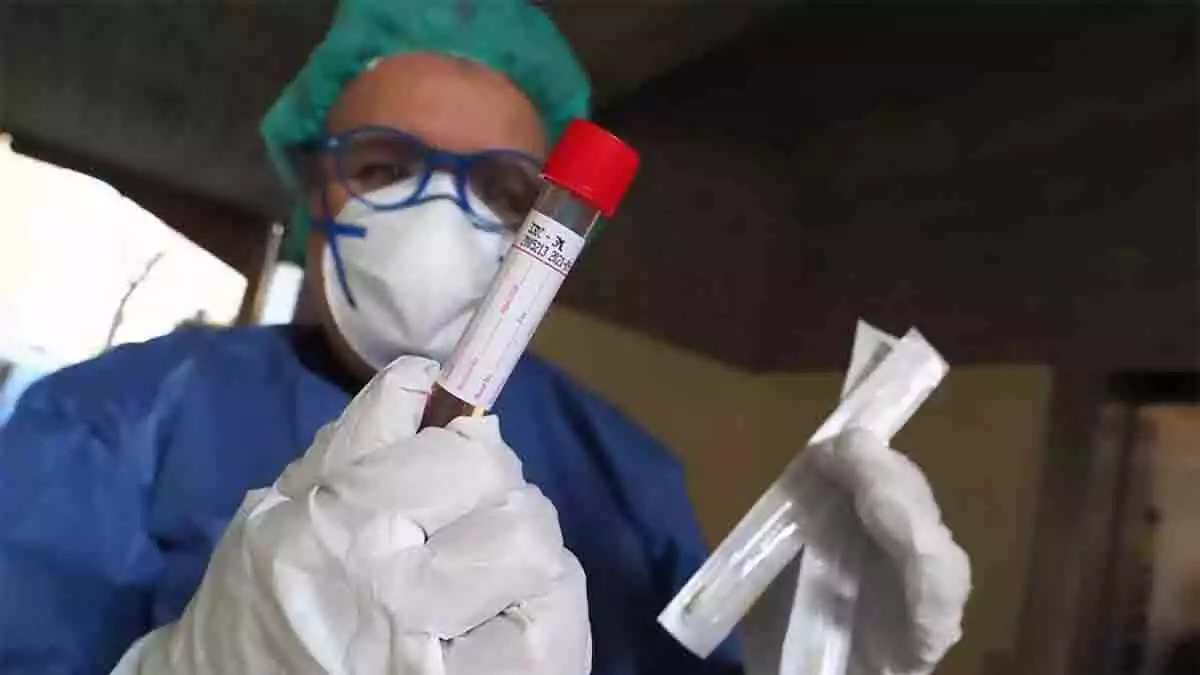
The World Health Organization (WHO) raised some doubts on Monday by reporting that it is "very unusual" for asymptomatic people with Coronavirus to spread it. Maria Van Kerkhove, Emerging Diseases and Zoonosis Unit at WHO, said the asymptomatic spread is a "really complex issue" and that is why it is still not clear. "We don't really have that answer yet," she said.
"It is a misunderstanding to say that asymptomatic transmission is very rare"
Following the statements made by the WHO member, this Tuesday during a WHO press conference in Geneva, she wanted to clarify what she had said the previous day: "I was answering a question at the press conference. I was not stating a WHO policy or anything like that. I was just trying to articulate what we know. I used the phrase very strangely and I think it is a misunderstanding to say that asymptomatic transmission worldwide is very rare. I was referring to a small subset of studies," she said.
Van Kerkhove said that studies conducted so far show that about 16 per cent of the population that contracted coronavirus may be asymptomatic. However, she also acknowledged that there are studies that claim that up to 40 per cent of global transmission can be caused by asymptomatic people. "There is a subset of people who do not develop symptoms. To really understand how many people don't have symptoms, we don't have that answer yet," she said.
"It seems strange for asymptomatic people to transmit from now on"
Van Kerkhove added that when people are observed without symptoms for a long time, there are very few cases of spread. "We are constantly looking at this data and trying to get more information from countries to really answer this question. It still seems rare that asymptomatic people actually transmit from here on."
On the other hand, Mike Ryan, executive director of the WHO's emergency program, said that "there's a lot to be answered about this. There's a lot that's unknown... It's clear that both symptomatic and asymptomatic individuals are part of the transmission cycle. The question is what is the relative contribution of each group to the total number of cases," he said.
[This is a translation of the original article "Urgente: La OMS rectifica en una de las cuestiones más importantes del coronavirus" published in espanadiario.net]

